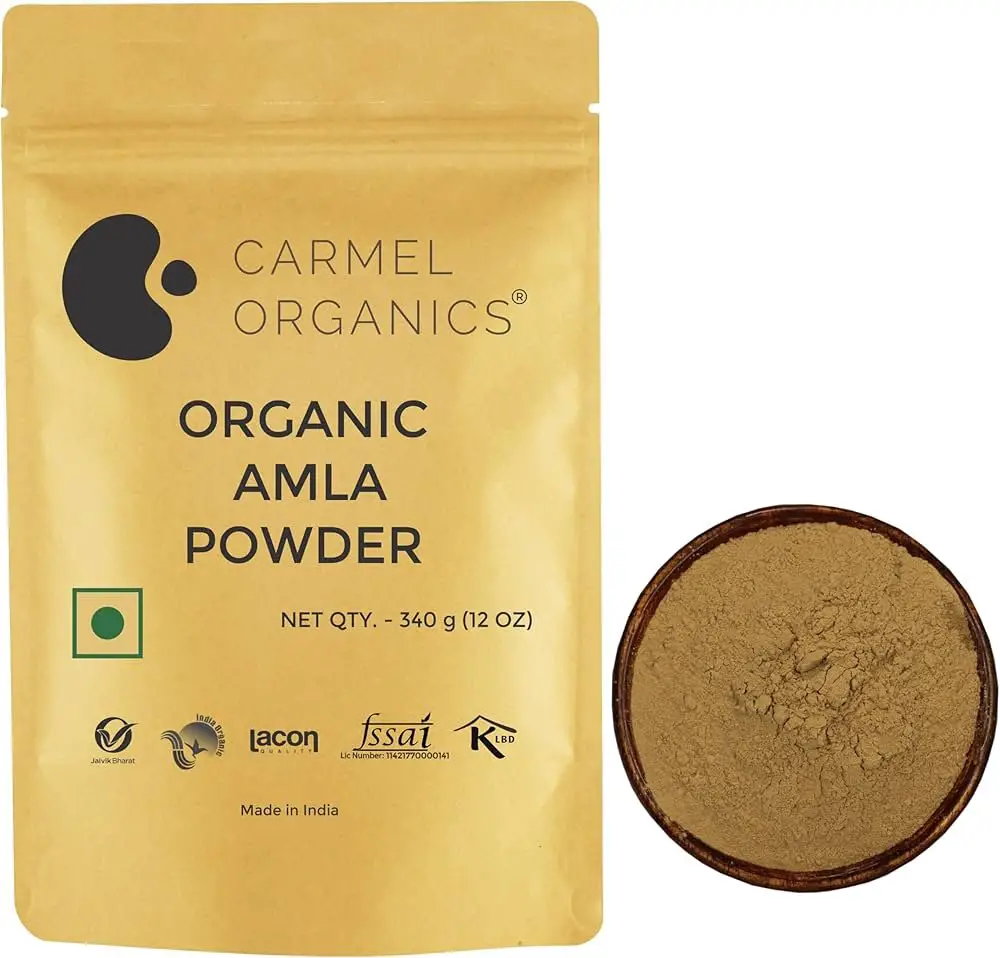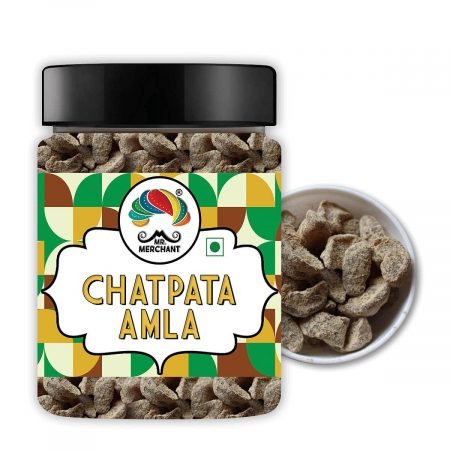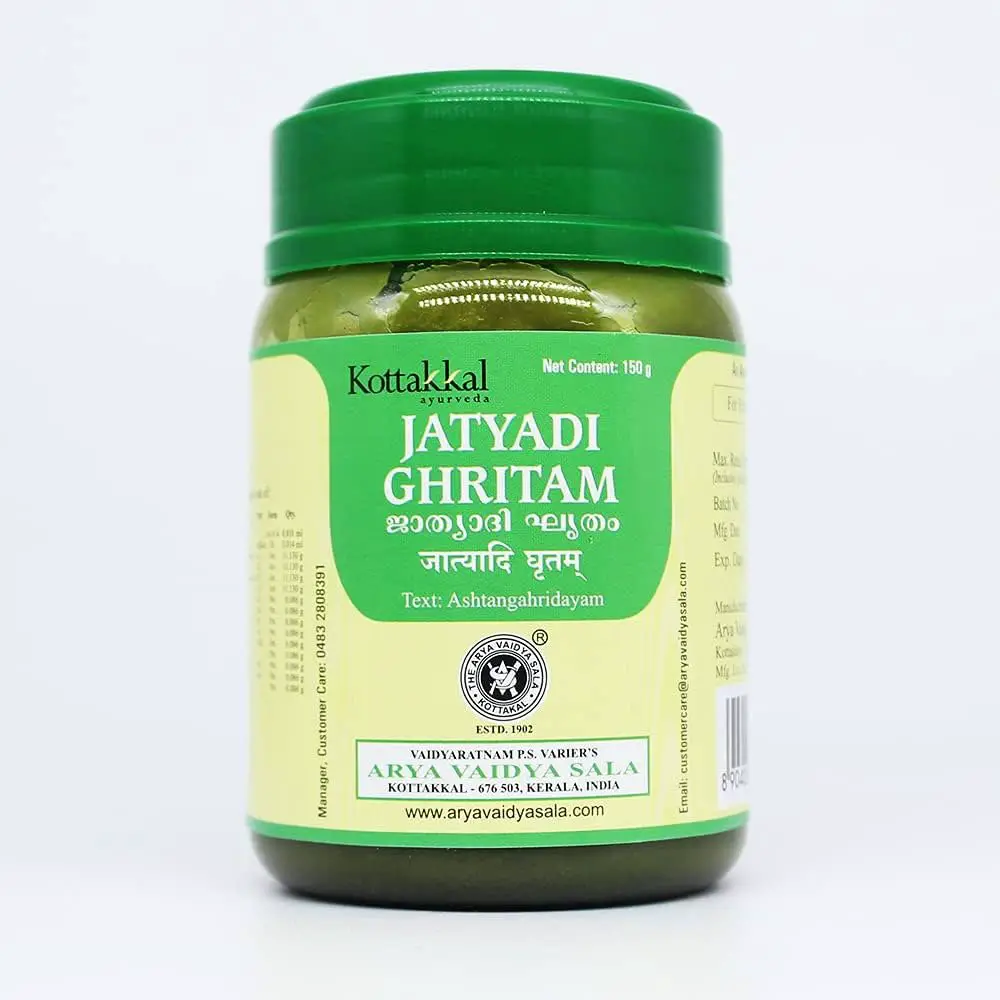
Amla, also known as Amalaki, Indian Gooseberry, or Phyllanthus emblica, is a powerful Ayurvedic superfood packed with Vitamin C, antioxidants, and essential nutrients. Revered in Ayurveda for its rejuvenating and healing properties, amla is a go-to remedy for boosting immunity, improving digestion, enhancing skin and hair health, and detoxifying the body.
If you’re looking for a natural solution to stay healthy, youthful, and energetic, this blog will cover everything about amla – its benefits, uses, side effects, and how to include it in your diet.
Nutritional Value of Amla (Per 100g)
✔ Calories: 44
✔ Carbohydrates: 10.2g
✔ Fiber: 4.3g
✔ Protein: 0.9g
✔ Vitamin C: 600-900mg (20x more than an orange!)
✔ Calcium, Iron, Phosphorus, and Antioxidants
With such a nutrient-dense profile, amla is truly one of nature’s best gifts!
Top 10 Health Benefits of Amla
- Boosts Immunity Naturally
Amla is one of the richest sources of Vitamin C, which strengthens the immune system, fights infections, and protects against colds, flu, and respiratory diseases.
- Enhances Skin Glow & Prevents Aging
Loaded with antioxidants and collagen-boosting properties, amla helps reduce wrinkles, fine lines, and pigmentation, giving you glowing, youthful skin.
- Promotes Hair Growth & Prevents Hair Loss
Amla is a natural hair tonic that strengthens roots, reduces hair fall, prevents premature graying, and promotes thicker, shinier hair.
- Supports Healthy Digestion & Gut Health
Rich in fiber and digestive enzymes, amla improves digestion, relieves constipation, acidity, and bloating, and promotes a healthy gut microbiome.
- Regulates Blood Sugar Levels
Amla helps lower blood sugar levels and improves insulin sensitivity, making it beneficial for diabetics and prediabetics.
- Improves Heart Health & Reduces Cholesterol
Amla reduces bad cholesterol (LDL), increases good cholesterol (HDL), and controls blood pressure, supporting overall heart health.
- Detoxifies the Liver & Blood
Amla cleanses the liver, eliminates toxins, and purifies the blood, helping in conditions like fatty liver and high uric acid levels.
- Supports Weight Loss & Metabolism
Amla boosts metabolism, burns fat, and curbs cravings, making it a great addition to a weight-loss diet.
- Enhances Brain Function & Memory
Amla is a natural brain booster that improves memory, concentration, and cognitive function, reducing the risk of Alzheimer’s and dementia.
- Strengthens Bones & Joints
Packed with calcium and anti-inflammatory compounds, amla strengthens bones, reduces joint pain, and helps in arthritis management.
How to Use Amla for Maximum Benefits

- Fresh Amla Juice
✔ Drink 30-50ml fresh amla juice every morning on an empty stomach for immunity, skin glow, and detox.

- Amla Powder (Click here to buy Authentic organic Amla Powder )
✔ Take 1 teaspoon of amla powder with warm water or honey for better digestion and metabolism.
- Amla in Hair Care
✔ Mix amla powder with coconut oil and apply to the scalp for stronger, shinier hair.
- Amla for Skin Care
✔ Apply amla juice or paste on the skin to reduce acne, dark spots, and pigmentation.

- Amla as a Snack ( Click here to buy this amla snack.)
✔ Eat dried or candied amla for a tasty and healthy snack rich in antioxidants.
Amla Side Effects & Precautions
✅ Safe for most people, but some may experience:
❌ Acidity or stomach irritation if consumed in excess
❌ May lower blood sugar too much (diabetics should monitor levels)
❌ Not recommended in large amounts during pregnancy without medical advice
Final Thoughts: Why Amla is a Must-Have Superfood
Amla is a true Ayurvedic powerhouse, offering countless health benefits for immunity, skin, hair, digestion, and overall well-being. Whether consumed as juice, powder, or in raw form, this wonder fruit can transform your health naturally!
Do you include amla in your diet? What’s your favorite way to use it? Share your thoughts in the comments!
✨ Follow our blog for more Ayurvedic health tips and remedies! ✨



Pingback: The Amazing Health Benefits of Oranges: A Superfood for Immunity and Wellness
Pingback: Ovarian Cancer: Causes, Symptoms, and Ayurvedic Management